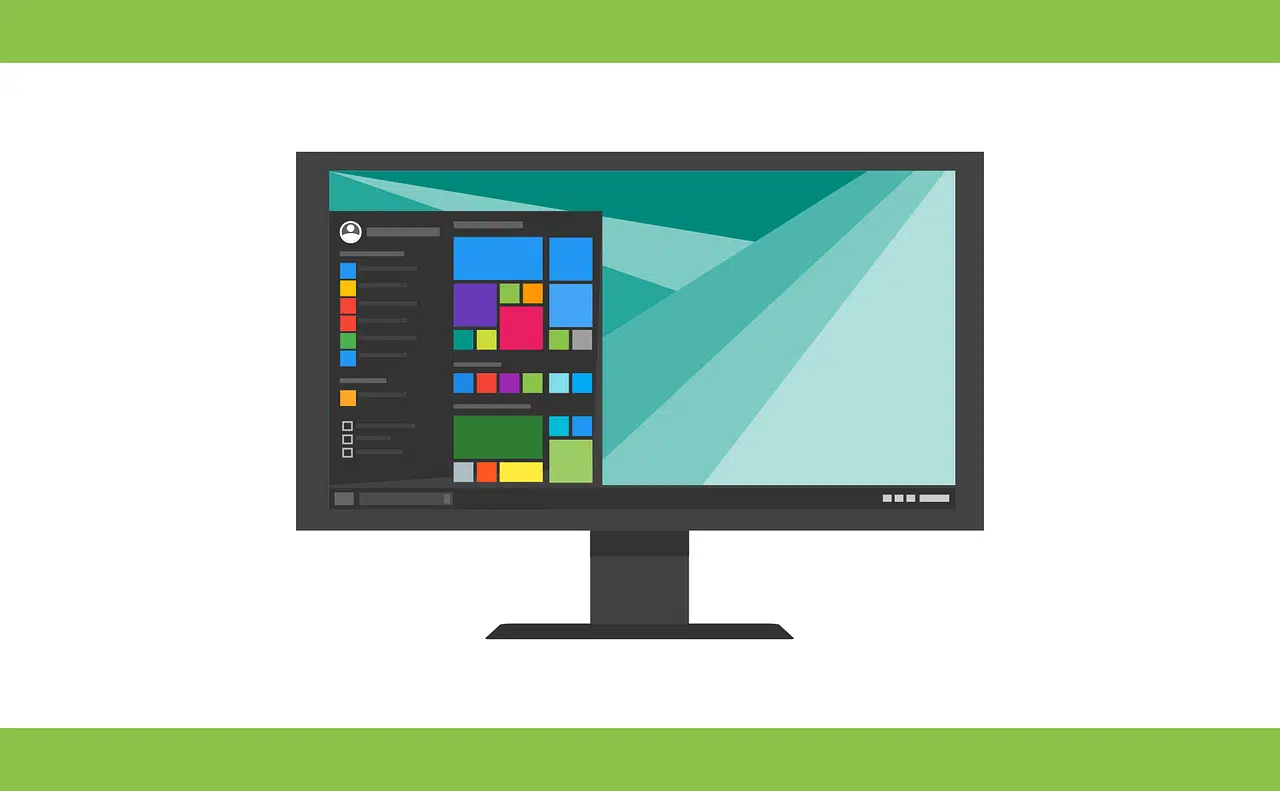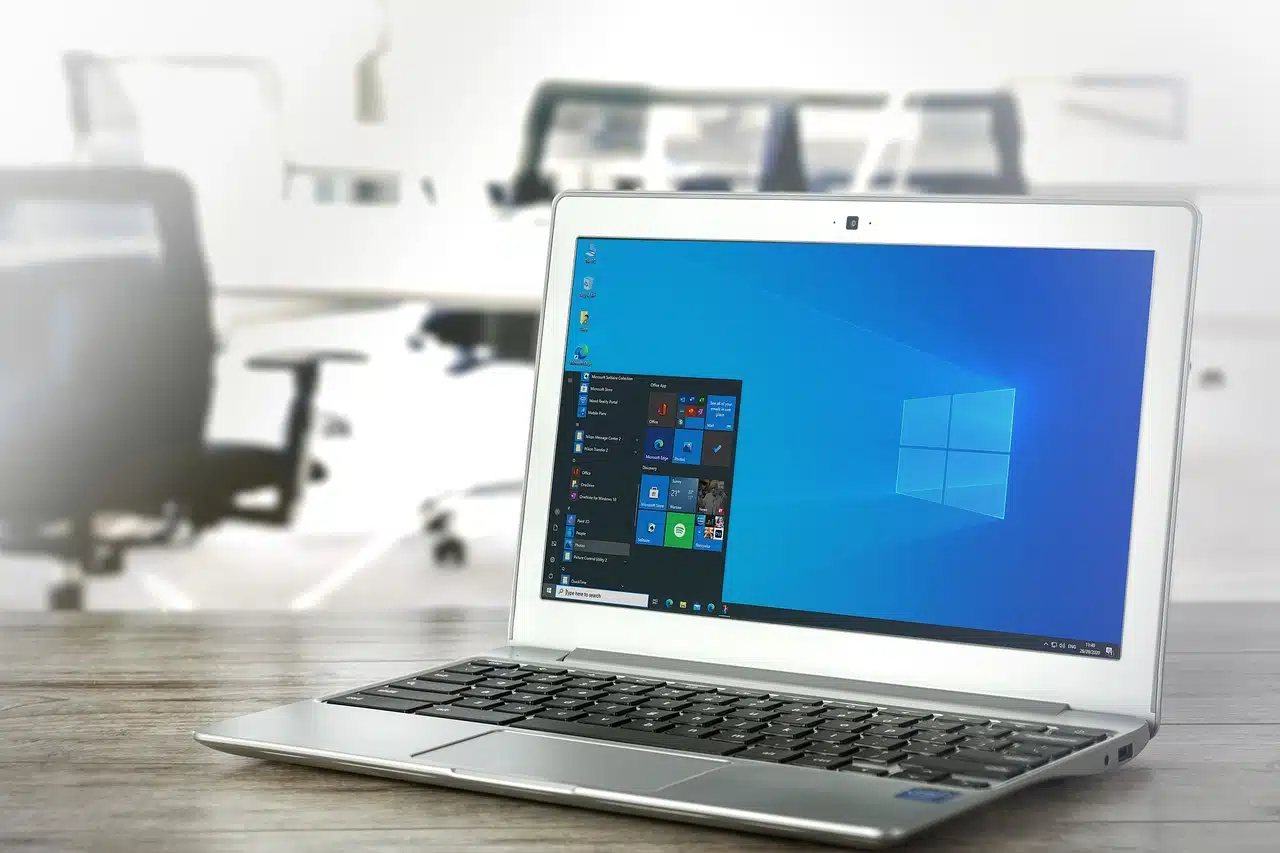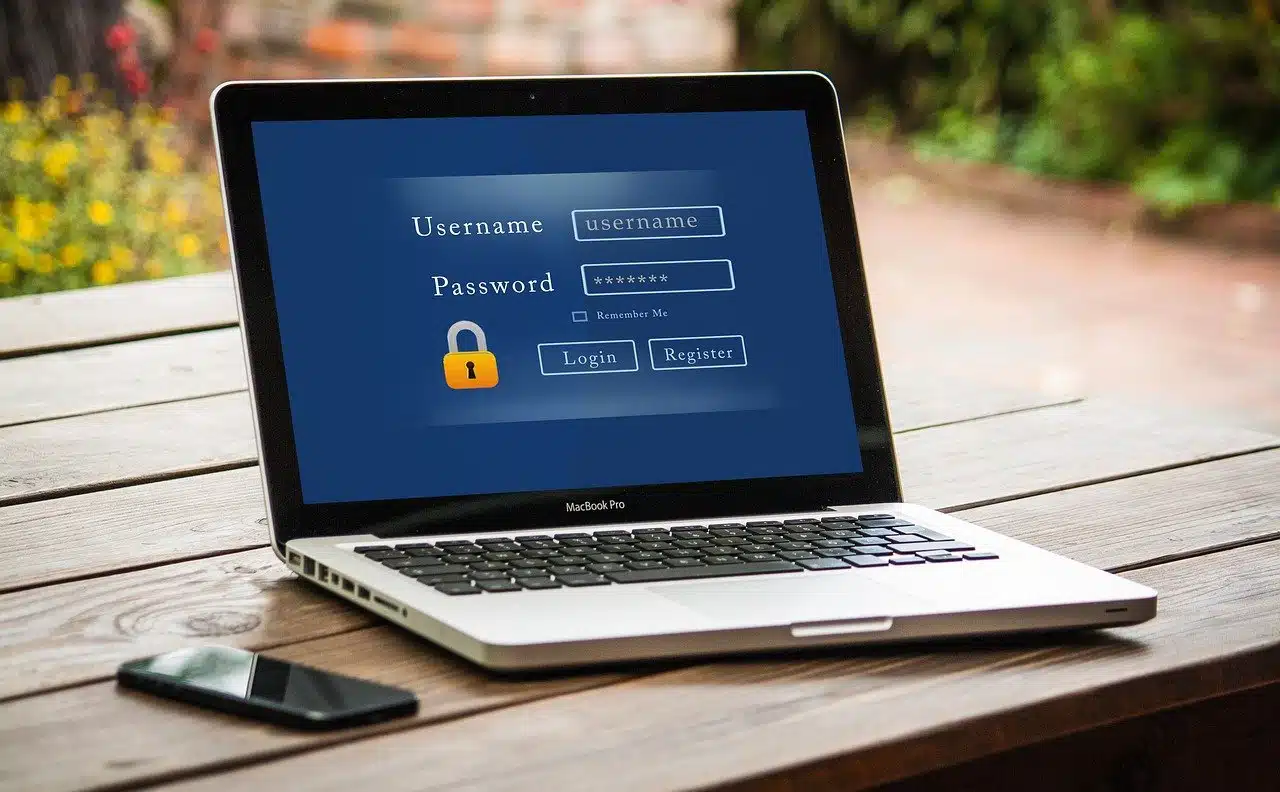
An operating system runs multiple processes and threads and makes it possible to manage a computer's resources.
An operating system is a set of computer programs that allows efficient management of a computer 's resources . It is also known as system software . These programs start working as soon as the computer is turned on, since they manage the hardware from the most basic levels and also allow interaction with the user.
It should be noted that operating systems do not work only on computers. On the contrary, these types of systems are found in most electronic devices that use microprocessors : the system software enables the device to fulfill its functions (for example, a mobile phone or a DVD player ).
Main functions of an operating system
The operating system fulfills five basic functions : providing user interface , resource management , file management , task management , and support service and utilities .
Regarding the user interface, the system ensures that the subject can load programs , access their files and perform other tasks with the computer. Resource management allows management of hardware , including peripherals and the network .
System software also enables file management by controlling file creation, deletion, and access. It also develops the administration of computer tasks carried out by end users.
We can also mention that the support service is responsible for updating versions, improving system security , adding new utilities , controlling new peripherals that are added to the computer and correcting software errors .
The graphical interface
Returning to the interface , we must point out that it is one of the most determining points of the success of an operating system, at least in terms of its massification. In this aspect we must include all those graphic elements that allow us to communicate with the system in general, with all those logical components that are stored on the disk, either temporarily or permanently .
Buttons , icons , bars and menus are some of the elements of the graphical interface through which we can perform different functions, such as opening and saving documents, starting the execution of a program, grouping our favorite shortcuts. and modify different properties of our desktop. If developers don't find an easy-to-understand design, they risk the public rejecting their product, even in favor of an inferior one with a clearer interface.

Operating systems can be distributed with different software licenses, either as proprietary software or free software.
Operating system and resource management
Resource management is another of the most important aspects, because the use of all the components and peripherals that make up the device depends on its effectiveness. For example, it is useless to have the most modern and sophisticated combination on the market of motherboard, processor, graphics card, RAM memory and solid state disk if when it comes to running a video game it does not give them absolute priority , but instead drowns them with secondary processes that the player is not interested in running.
Since their entry into the computer market until today, operating systems have gone through changes that are impossible to ignore in terms of their versatility and power. However, one of the aspects that has aroused the most interest among consumers has always been the price . With the rise of free operating systems, debates about the right of companies to charge us for their work have been heard around the world. Alternatives are usually created through open source , so their evolution and support are lower than what a traditional company can offer. It should be noted that new computers usually include a commercial operating system preinstalled at a very affordable price.

Login to an operating system is done using a username and password.
Some examples
Windows , a product developed by Microsoft , is possibly the best-known operating system. Although some specialists point out that it is a software distribution since the OS is specifically Windows NT , it is common for the various versions of Windows to be mentioned in this way.
Launched in 1985 , Windows achieved great popularity for its graphical user interface (GUI) whose pillar is windows. The most recent versions so far are Windows 10 ( 2015 ) and Windows 11 ( 2021 ).
Another widely used operating system is Unix , which was born in 1969 . Based on Unix, the Linux kernel emerged, which today is another operating system with many users. Based on Linux , in turn, there are multiple distributions and operating systems, such as Ubuntu , Debian and Fedora .
Among mobile operating systems, Android stands out. It is present in numerous smartphones (smartphones) and also in smart watches (smartwatches), tablets (tablets) and other devices.
Apple 's macOS , Google 's Chrome OS , and Sun Microsystems / Oracle 's Solaris operating systems are also used on numerous devices.
Operating system updates
Operating system updates are important for several reasons. They are necessary for the proper functioning of the different devices, optimizing system performance and improving stability.
Security updates , of course, are especially important. Many times they allow vulnerabilities to be corrected, something that can also be achieved with patches.
When the system is not kept updated, however, it is possible that different errors may begin to be recorded. In addition, the computer is more exposed to security problems that threaten the privacy and integrity of personal data.
